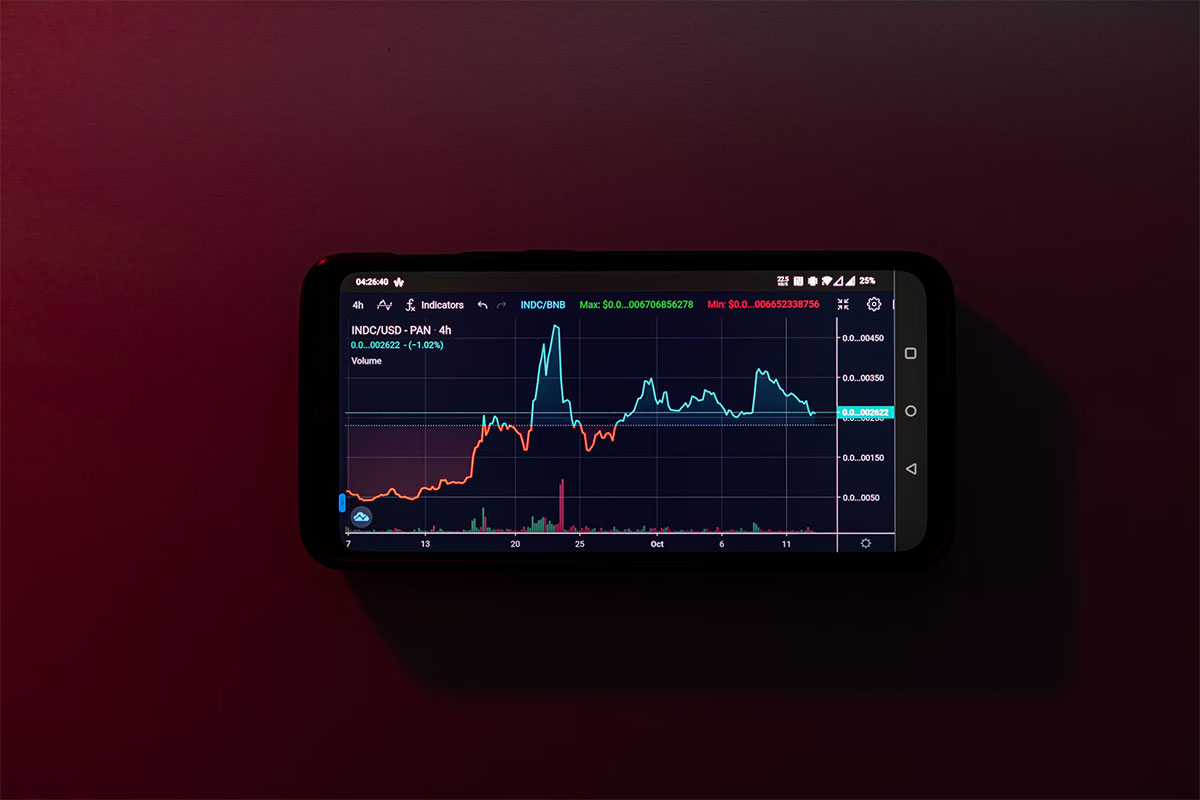Dark pools are secretive trading venues that let investors buy or sell large blocks of shares discreetly. Originating in the 1980s, these hidden exchanges offer a way to trade significant volumes without causing market upheaval.

While they provide privacy and cost benefits, they also spark debates over transparency and fairness in the financial world. Curious about dark pools in investing? Learn more through Instant Max Ai, where traders can connect with educational experts to demystify this topic.
Introduction to Dark Pools
Dark pools are private financial exchanges where investors can trade securities without exposing their orders to the public. These secretive venues have been around since the 1980s and were originally created to allow large institutional investors to buy or sell significant amounts of shares without causing large price movements.
For instance, if a pension fund wants to sell millions of dollars’ worth of stock, doing so on a public exchange might alert other traders, causing the stock price to drop. In a dark pool, these trades can happen quietly and efficiently.
But what makes dark pools controversial? Many people argue that they lack transparency, which can lead to unfair advantages for some traders. However, supporters claim they provide a necessary service, offering a way to manage large trades without causing market disruption. As dark pools become more prevalent, understanding their role in the market becomes increasingly important.
The Mechanics of Dark Pools
Operational Structure: How Dark Pools Function in the Market
Dark pools operate similarly to traditional exchanges but with key differences in visibility and execution. In a public exchange like the New York Stock Exchange, the order book (a list of buy and sell orders) is visible to all participants.
In a dark pool, this information is hidden. This secrecy allows large trades to be executed without revealing the trader’s identity or intentions.
Orders in dark pools are often matched using algorithms that ensure the best possible price for both buyers and sellers. These algorithms consider various factors, such as the current market price and the size of the order. Once a match is found, the trade is executed anonymously. This process helps minimize the impact on the stock’s market price, providing a smoother trading experience for large investors.
Key Players: Major Participants in Dark Pool Trading
The main players in dark pool trading include large institutional investors, such as mutual funds, hedge funds, and pension funds.
These entities manage vast amounts of money and often need to trade in large volumes. Using dark pools, they can move significant quantities of shares without alerting the broader market.
Broker-dealers, who facilitate trades for clients, also play a crucial role. They may operate their own dark pools or access others on behalf of their clients.
Additionally, high-frequency trading firms participate in dark pools, using sophisticated algorithms to capitalize on small price differences across various trading venues. These participants leverage dark pools to execute their strategies more discreetly and efficiently.
Advantages of Dark Pools
Reduced Market Impact: Minimizing Trade Visibility
One of the primary benefits of dark pools is the reduction of market impact. In public exchanges, large orders can lead to significant price changes as other traders react. Dark pools help prevent this by keeping orders hidden until they are executed.
For example, if a large investment fund wants to sell a million shares, doing so in a dark pool means the market won’t react prematurely, allowing the fund to get a better price.
Cost Efficiency: Lower Transaction Costs for Large Trades
Dark pools offer cost advantages for large trades. Because these platforms cater to high-volume transactions, they often have lower fees compared to public exchanges. This can result in substantial savings for institutional investors, who frequently deal in large volumes. Lower costs mean more efficient trading, benefiting both buyers and sellers.
Enhanced Privacy: Confidentiality for Institutional Investors
Privacy is another significant advantage of dark pools. Large investors often prefer to keep their trading activities confidential to avoid tipping off competitors or moving the market. Dark pools provide this confidentiality by masking the identity and size of trades until they are executed.
This secrecy helps institutional investors manage their portfolios more effectively, without the risk of revealing their strategies to the public.
While dark pools offer various benefits like reduced market impact, cost efficiency, and enhanced privacy, they also come with their share of controversies. It’s essential for investors to weigh these factors carefully and stay informed about the evolving landscape of dark pool trading. Seeking advice from financial experts can provide valuable insights and help navigate this complex area of investing.
Conclusion
Dark pools play a pivotal role in modern investing by enabling large trades with minimal market disruption. Though they offer clear advantages like cost savings and enhanced privacy, they also raise important questions about market transparency and fairness. As dark pools evolve, staying informed and consulting financial experts can help navigate their complexities and maximize investment strategies.









